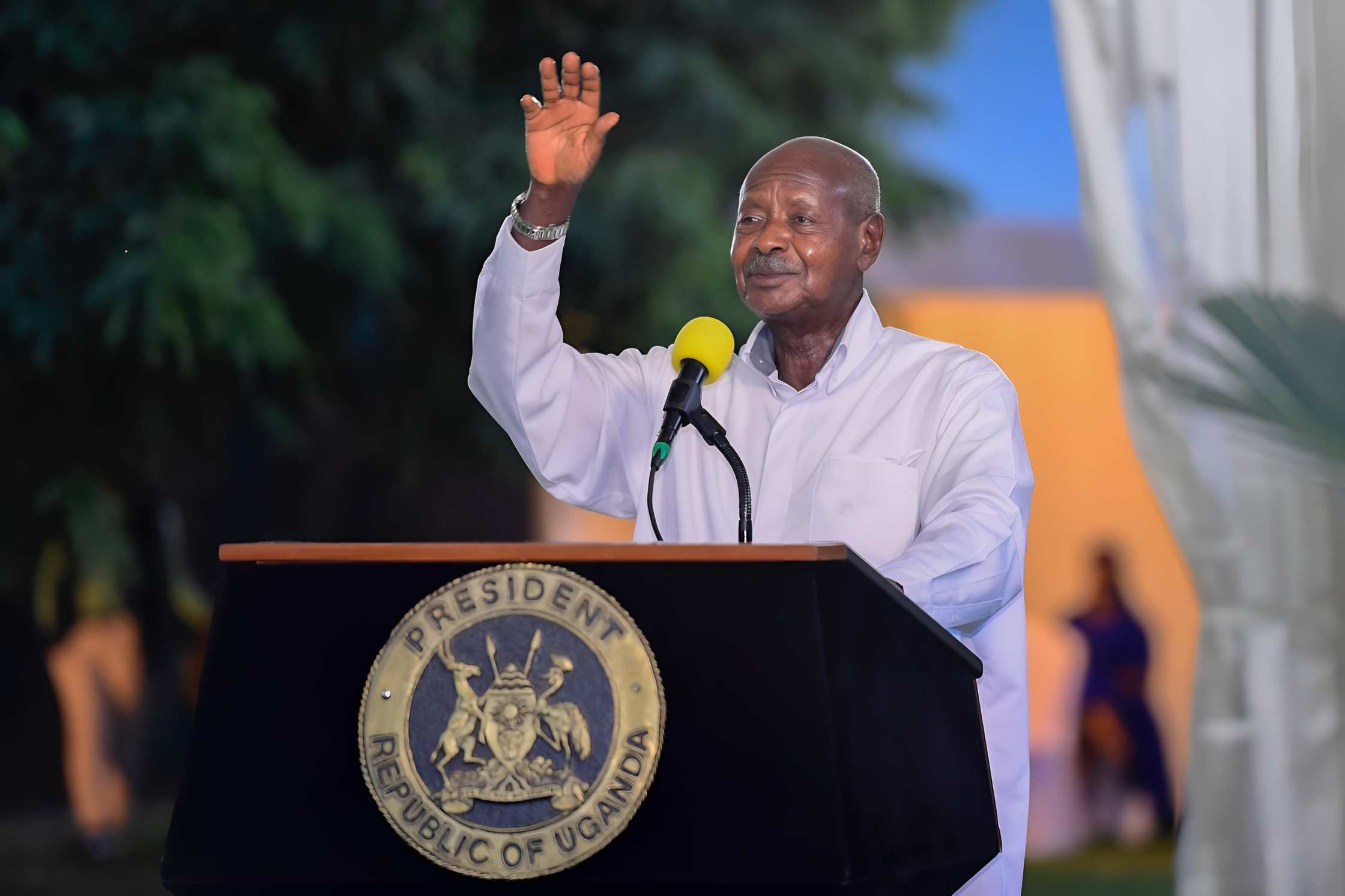Uganda’s President Yoweri Museveni has declared that the 2026 general election will be his final run for the country’s top seat, telling citizens that he needs one last mandate to complete crucial national projects.
“This is the last time I’m vying for President in Uganda. I’ll never vie again after 2026. So I urge all Ugandans to come out in large numbers and vote for me for the very last time. I have a few projects that I want to finish,” Museveni said.
The 80-year-old leader, who has been in power since 1986, is seeking a seventh term that would stretch his leadership to nearly half a century. His declaration comes at a time when discussions on Uganda’s political succession and future leadership are intensifying.
Museveni had already made his intention to run public in June, stressing his dedication to development and his fight against corruption. “In this time, I want us really to wipe out corruption,” he said, noting that graft should not thrive under proper leadership.
He also revealed a broader economic vision, stating that Uganda aims to grow into a $500 billion economy within five years.
His campaign bid was formally backed after his team gathered more than 2 million voter signatures, far beyond the 9,800 required by the Electoral Commission (EC). On Saturday, a procession led by National Resistance Movement (NRM) Secretary-General Richard Todwong delivered the nomination forms to Kampala, with strong showings of support from voters across the country.
“The submission of supporters’ forms is a critical step. We will now verify each signature to ensure authenticity and that no voter has endorsed more than one candidate,” said EC spokesperson Julius Mucunguzi.
The commission will officially nominate cleared candidates on September 23 and 24 at its new offices in Lweza, southeast of Kampala.
Museveni’s main rival, National Unity Platform (NUP) leader Robert Kyagulanyi, widely known as Bobi Wine, has also submitted his nomination forms, reportedly supported by more than 200,000 signatures. NUP Secretary-General David Lewis Rubongoya accused security forces of interfering with their supporters in some western regions.
Over the years, Museveni has often criticised African leaders who clung to power, yet his 2026 bid would cement him as one of the continent’s longest-serving rulers. His son, army chief Muhoozi Kainerugaba, has signaled interest in one day succeeding him, a prospect that has sparked concerns over dynastic politics.
Museveni has brushed off criticism from his opponents, including Wine, whom he has described as “an agent of foreign interests” unfit for leadership. Despite arrests and intimidation, Wine continues to campaign on a message of nonviolent political change.
If re-elected, Museveni has pledged to focus on completing development programmes, eradicating corruption, and steering Uganda toward the ambitious economic targets he has laid out.

